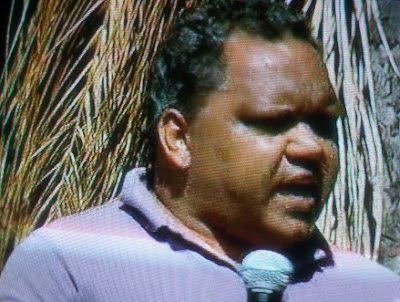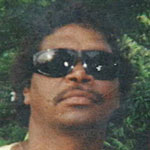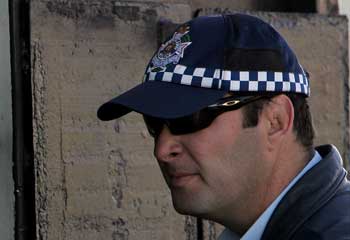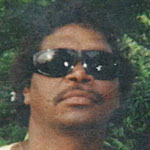
Every stakeholder in this case has been allowed to express their opinion in the media with the exception of the twelve people who were charged with the responsibility of making an extremely difficult decision.
As a jury, the justice system forbids us to have a public voice on what occurred within the jury room during the trial. This we respect.
We would, however, like to express our deep frustration at a number of things that have occurred since our decision was handed down.
There are a number of issues that we would like to address, along with our concern and disgust at the obvious bias and inaccuracy of much of the media representation.
We did not choose to be jurors on this trial. We were initially selected by means of a ballot system, with final approval by the defendants, the defence and the prosecution. Once selected we all acted professionally throughout the trial.
We all took the role of juror very seriously. We are all intelligent and professional people who were prepared to listen to both sides of the case and were more than capable of analysing the evidence presented to us.
When we went into deliberations we did so carefully, thoroughly and did not allow emotion to enter into our decision-making process. Our decision was based purely on the evidence put to us.
We all support and recognise the need for, and right of, appeal.
We recognise that it is the prerogative of the appeal judges to overturn a jury’s decision.
Unfortunately, a decision that took many days to reach has now been ruled as “unsafe and unsatisfactory”. What part of our decision was “unsatisfactory”? We made the only decision we felt possible on the evidence presented to us over the ten weeks. Does the decision of the appeal judges undergo the same thorough scrutiny?
We are disgusted with the subsequent public attack on the jury – specifically, our integrity and ability to make reasoned decisions. It is easy to blame and speculate about the jury when their decision does not suit. Remember, the system chose us. We did not choose to be on the case.
Our experience has led us to believe that the jury system is a farce. If the judicial system deems that a jury is unable to make reasoned decisions in a high profile and/or prolonged case, then surely those cases should only be heard before a panel of appeal judges. Why do juries even exist? Criticism of the decision we accept, what we object to is the public maligning of us personally. Again, the system chose us.
The media reporting of the case has been scandalous. Certain commentators have stated they heard all ten weeks of the trial. Not one media representative heard all the evidence presented – the evidence on which the jury based their decision. Much of what has been put in the public domain by so-called commentators, both in newspapers and on the internet, has been biased, speculative and factually inaccurate.
One constant criticism leveled at the jury has been the amount of speculation allegedly made by them in the process of them reaching their verdict. How ironic it is that those same people are now speculating themselves about the alleged prejudices of the jury and their ability to make decisions without emotion.
Do those charged with the responsibility of informing the public have an obligation to be factually correct and unbiased? Unfortunately, it appears not. Some, it appears, align themselves with one side and present only the information beneficial to their case. Sadly, the West Australian public in general have not been given an unbiased account of the facts and as such go on believing that another miscarriage of justice has been averted.
This was a legitimate trial by twelve peers. Is this really justice?


.jpg)


 Ms Smallwood said
Ms Smallwood said





.jpg)


 Noel Pearson
Noel Pearson 






.jpg)
.jpg)






.jpg)


